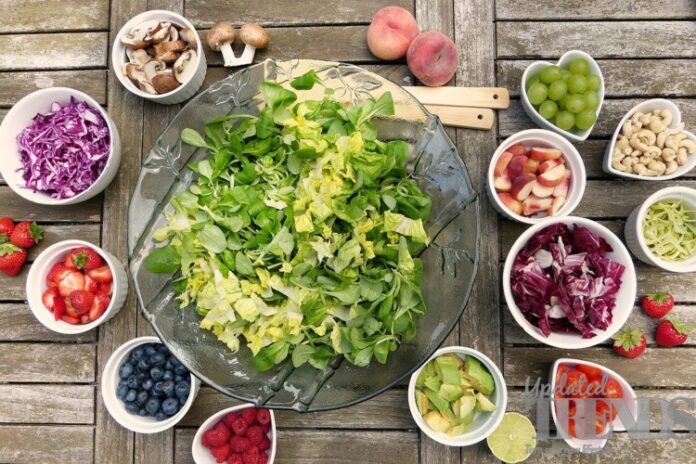A number of people these days are adopting vegan diets to have better health and maintain a healthy weight. These are growing evidence that adopting a vegan diet provides a number of health benefits. They have also been linked to a significantly lower heart related diseases and decreased body weight along with cholesterol levels. While the benefits are many, but there are also a few downsides of adopting a vegan diet. Here are a few things that you should know before you decide to adopt a raw vegan diet.
- Could miss out on a few vital nutrients – It is a known fact that a few raw foods are healthier than the cooked foods. Some vegetables loose nutrients while cooking while others have greater nutrient content when they are cooked. For instance, when spinach is cooked the body is able to absorb the nutrients better.
- Could lead to vitamin or mineral deficiencies – Not many are aware but raw vegetables lack a number of important nutrients like Vitamins B12 and D, zinc, iron, selenium and two kinds of omega 3 fatty acids. The vitamins just mentioned play an important role in the development, structure and production of the brain as well as nerve cells.
- Could lead to loss of periods – Raw vegan diet needs to be planned properly to make sure that the body is not deprived of the essential nutrients. A person needs to consume enough nutrients or calories for proper function of the body. This concerns more to young women. A research found that about 30 percent of the women under the age of 45 who consumed raw food diet for more than three years faced partial to complete amenorrhea (absence of menstruation). Amenorrhea can also cause other issues including infertility or reduced bone mineral density and osteoporosis.
Consuming plant-based diet has a number of benefits but make sure that you do it responsibly and make sure that you cover all the vital nutrients needed for the body.
Photo Credits: Pixabay











